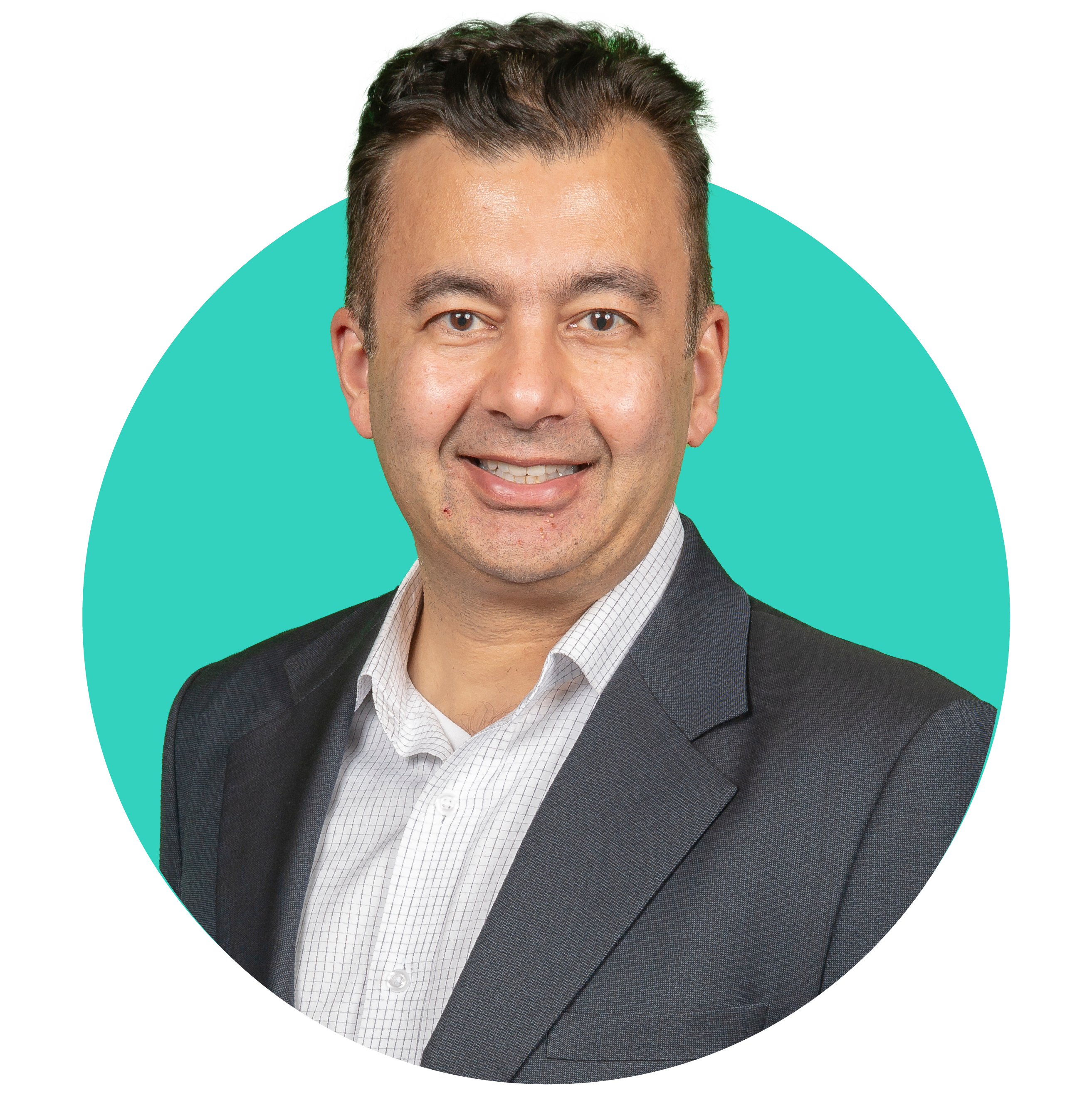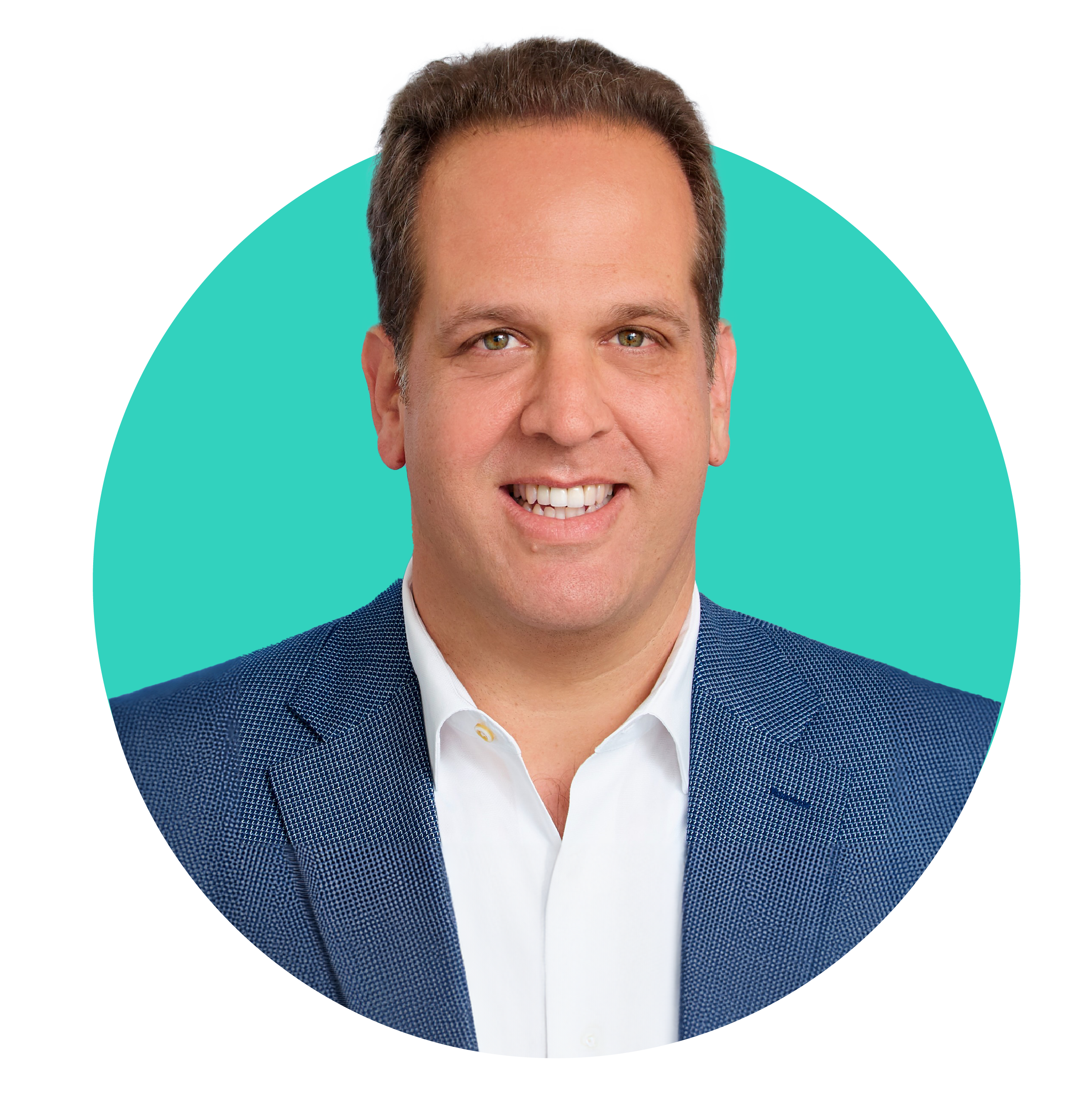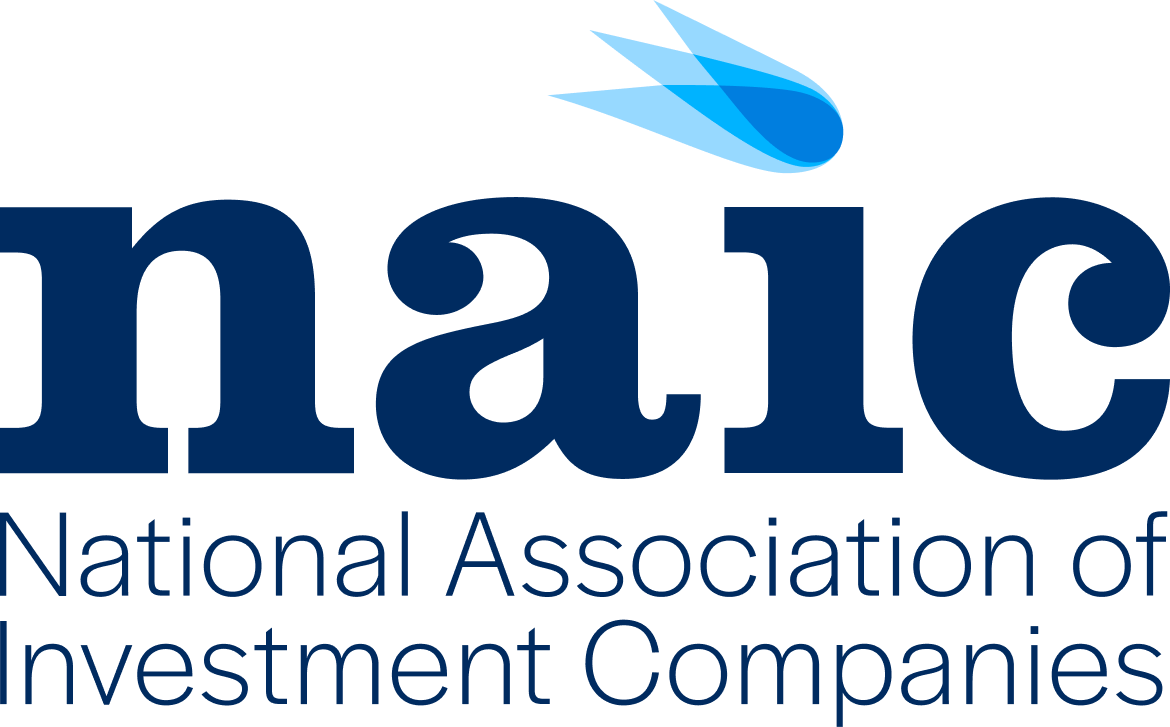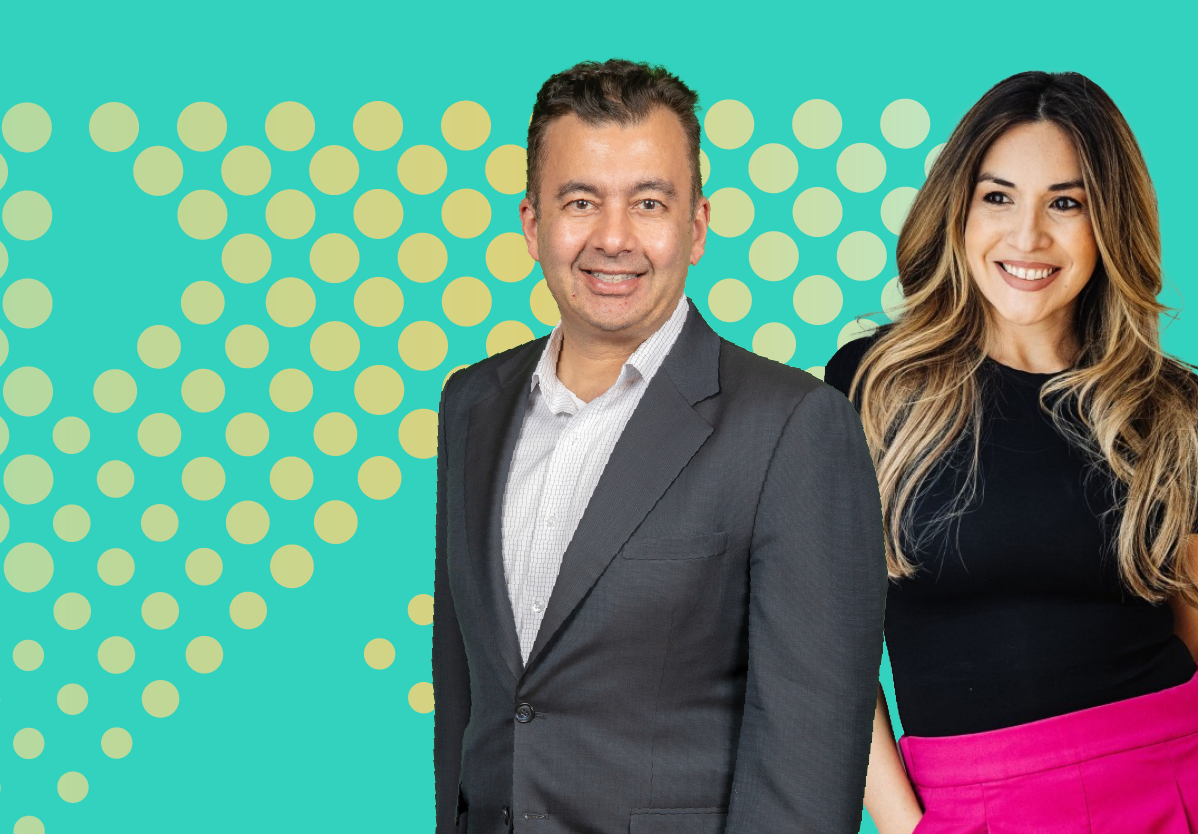
Samuel A. Ramirez Sr. made history in 1971 by becoming the first member of the Hispanic community to launch a successful investment banking firm. The son of Puerto Rican immigrants took an initial investment of $50,000 and built a firm that is still thriving. In the ensuing decades, Hispanics – driven by a strong entrepreneurial spirit – have followed the trailblazer, seeking careers and entrepreneurial opportunities in the financial services industry.
While Hispanic investors regularly create alpha-generating deals and invest in varied enterprises that create jobs and reinvigorate communities, they unfortunately remain a small part of the financial services industry. According to a recent U.S. Government Accountability Office Report1, Hispanic professionals comprise just 4% of the financial services industry.
Despite the sobering statistics for a robust and fast-growing group that makes up nearly one-fifth of the U.S. population, Hispanics as a collective are nonetheless making a significant impact on the industry at large. They also constitute a substantial and vibrant part of the NAIC network. A few recognized leaders from the Hispanic community include Valor Equity’s Juan Sabater, Avance Investment’s David Perez, Avante Capital’s Ivelisse Rodriguez Simon, and Clearlake’s José E. Feliciano.
Getting the Job Done
NAIC currently has 43 Latinx-owned member firms that collectively manage $126 billion in assets. These firms have 800+ portfolio companies which sustain more than 225,000 jobs globally. Their strategies run the gamut of the investment spectrum, including venture capital (16 firms) private equity buyout (11 firms), private equity growth/expansion (7 firms), real estate (3 firms), private credit (2 firms), hedge funds (2 firms) and investment management (2 firms). The entrepreneurs behind these firms are prolific dealmakers and many have a track record of delivering superior returns.
In the past decade, 9 Hispanic-owned NAIC member firms have raised 19 oversubscribed funds.
Three firms – Avante Capital Partners, Clearlake Capital, and Valor Equity Partners – have raised more than one oversubscribed fund.
While investment strategies are as varied and diverse as their leadership teams, those that invest in Hispanic-owned enterprises tap into an underinvested market with tremendous upside and fuel job-sustaining ventures. “Closing the Capital Gap: Fueling the Promise of Latino-owned Businesses,” a 2021 report by global consultancy Bain & Company and the Stanford Latino Entrepreneurship Initiative, found that despite Latinos being a growing and vital contributor to the economy, Latino-owned businesses are an overlooked investment opportunity that remains underfunded across all sources of capital.
This dynamic ranks Latino businesses responsible for half the businesses launched from 2010 to 2017 among the highest potential investment opportunities. The report also found that employment at these businesses grew at twice the rate of non-Latino-owned companies. Further, the annual buying power for Hispanic consumers is projected to exceed $2.5 trillion in the next two years – a rate that is approximately double that of non-Hispanics.
Fueling Innovation at the Pre-Seed Stage
Chingona Ventures, a Latina-owned venture capital firm based in Chicago, does not focus on Hispanic-owned businesses, but when there is an alpha-generating opportunity in the community, founding partner Samara Mejia Hernandez sees it as a perfect storm.

“It’s gratifying to see an overlooked company that has found a unique solution for solving a problem and is growing like crazy.”
-Samara Hernandez, Founder, Chingona Ventures
Hernandez, who emigrated from Mexico with her family as a child, is among the few Latinas in venture capital. An engineer by training, she fell in love with the asset management industry after an internship. In 2019, following stints at Goldman Sachs and Chicago-based MATH Venture Partners, she launched Chingona. The firm invests primarily at the pre-seed stage and now has 41 portfolio companies across two funds. Fintech, health and wellness are Chingona’s two main areas of focus, along with businesses with products/services that focus on the future of work, learning and food tech.
One such innovative venture Chingona backs is Papaya, a Miami-based online tutoring service founded by a Latina engineer who emigrated from Peru. A sort of Uber for students seeking instructors, the company’s mission is to foster greater diversity in the STEM fields by providing the necessary tools for success. “She realized in undergrad that she struggled with engineering and saw that students in the U.S. had tutors, which she couldn’t afford,” Hernandez explains. “So, she finished engineering, started a consulting firm, and then built a company to connect English- and Spanish-speaking STEM tutors with students to help them throughout their education.”
At the Healthcare Revolution's Front Lines
Like Hernandez, Avinash Amin began a career in a field other than financial services before transitioning into alternatives. “My mom had grown up in Argentina and came to the States as a young doctor, and my dad is Indian and also came to the States as a young doctor, and they had a chance meeting in St. Louis, where I was born and raised.” Before planting his flag in the alternatives industry, Avinash Amin had followed his parents’ footsteps, earned a medical doctorate and practiced as a physician.
He now leverages his deep experience in the medical industry to provide debt and equity solutions to groundbreaking healthcare companies. As founder and managing partner of Madryn Asset Management, Amin oversees 18 portfolio companies that collectively employ more than 5,000 healthcare professionals. He also mentors Hispanic students on careers in finance.
“Whether it’s a woman thinking about women leaders, a member of an ethnic group thinking about themselves, I think that if you don’t see others like you in roles you would like to get to, I believe that young people may mentally limit themselves in ways that prevent potentially making contributions in those areas.”
-Avinash Amin, Co-Founder, Madryn Asset Management

A key tenet of Amin’s business philosophy is focused on the belief that all individuals should have access to affordable healthcare. “Practicing medicine in St. Louis was a real eye-opener for me, caring for people with very humble situations,” Amin recalls. “My job was to be their doctor and advocate for them. In some ways, I think that job taught me more about any other job I’ve ever had because it really gives you an appreciation of how we need to get healthcare for everybody. The technology, the skill and the expertise aren’t worth anything unless we get it to everybody.”
Investing in Homes for the Working Class
When Eric Samek founded Brasa Capital Management in 2018, he was continuing his family legacy of entrepreneurship. His parents emigrated from Ecuador and Chile and launched a hardware store in Brownsville, Texas, a modest-sized municipality along the U.S.-Mexico border. That entrepreneurial spirit led Samek to leverage his decades of experience in asset management and real estate investing, launch Brasa Capital and successfully raise a $120 million inaugural fund.
Founded in 2018, Brasa Capital focuses on middle-market residential and commercial assets in the Western U.S. and Texas and currently owns approximately 30 properties in its portfolio. Among the firm’s projects are the acquisition of a 249,000-square-foot office and high clear warehouse space in El Monte, CA, the recapitalization of an 8.1-acre, two-building industrial site in Redlands, CA, and a mixed-use development with 60 residential units and 2,575 square feet of retail space in the NoHo Arts District of North Hollywood.
In addition to returning value to stakeholders, the Brasa team looks to develop affordable residential projects. “What we try to do is be between 60% and 100% of the area median income and make sure that those people can afford those rents,” Samek says. Area Median Income (AMI) is the midpoint of a specific area’s income distribution as calculated annually by the Department of Housing and Urban Development (HUD). It is used as a benchmark to determine the affordability of housing properties. “We’re creating housing for the people who just have your normal jobs – the nurses, the teachers, the firemen, and they can still afford it.”

“People aren’t just going to give us or anybody else money because of the diversity. The onus is on us and the other diverse-owned firms to perform, to generate the performance to merit that number increasing.”
-Eric Samek, Founder, Brasa Capital Management
Chingona Ventures, Madryn Asset Management, Brasa Capital Management, and dozens of other Hispanic-led alternative investment firms undeniably play a crucial role in wealth creation, job creation, investment in diverse-owned businesses, economic empowerment, innovation, and support for underserved communities – all while delivering healthy returns to stakeholders. Their contributions not only help individuals and businesses prosper but also promote economic inclusion and diversity in the financial sector, which benefits the entire nation.

